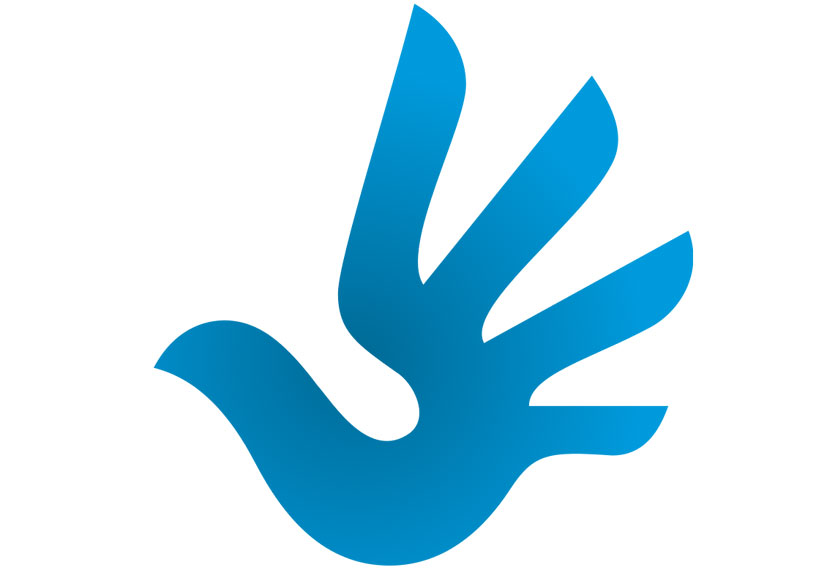Quakers join Human Rights Day call to action
As the UK takes part in President Biden's Summit for Democracy on 9–10 December, Quakers in Britain have joined over 150 groups in writing an open letter to the Prime Minister, challenging him to secure our Human Rights Act and safeguard human rights and democratic accountability here at home.

The signatories include organisations working with people from migrant backgrounds, women experiencing violence and people with learning disabilities. They include those campaigning for equal rights, access to justice and to increase the UK's democratic accountability.
The letter highlights how the Human Rights Act helps people to live more dignified and equal lives. The signatories call on the Prime Minister and leaders of other political parties to end the hostile environment towards human rights and accountability in our country as the UK participates in this important international democracy summit.
Quakers in Britain co-convene a network of organisations working on democracy and civil liberties. Quakers are concerned by calls to tamper with our Human Rights Act, often by politicians responsible for upholding our protections. They are also campaigning against the Policing Bill, which threatens the right to protest and marginalised communities.
Paul Parker, Recording Clerk of Quakers in Britain, said:
“Quakers believe there is 'that of God' in everyone, and are committed to equality and justice. Human rights are a cornerstone of our democracy. While our government promotes democracy and human rights abroad, it must also protect and enhance them at home."
The letter reads:
“Dear Prime Minister and Political Leaders
Every year on 10 December, the world marks Human Rights Day, commemorating the day when, in 1948, the United Nations adopted the Universal Declaration of Human Rights, recognising the dignity and equal rights of all members of the human family as the foundation of freedom, justice and peace in the world. This is the foundation of our Human Rights Act; this is why it matters. Our law here at home, setting out each person's protections, and the responsibilities of government and those with public power to realise that vision of the UDHR; for us all to live in equal dignity.
Our politicians often proudly recall the UK's role in setting down human rights law in the aftermath of World War II, standing shoulder to shoulder with nations to affirm our commitment to ensuring that human rights should be protected by the rule of law, that a common understanding of these rights should be shared by every person and part of society. Now, in the midst of this modern era global crisis, human rights must inform both our responses to the pandemic and our recovery from it. No one has escaped the impact of this virus. And sadly, we have witnessed the disproportionate and discriminatory effects of Covid-19 and government measures among too many, including among black and minoritized communities, for disabled people, and people who live in care homes, alongside significant educational impacts for children and young people, deepening poverty, increased reporting of domestic abuse, and even more difficulty accessing justice. There is much more than we cannot do justice to in such a short space, but which has been documented by parliamentary committee inquiries and research from our national human rights institutions, academics and across civil society. If recovery is to be resilient and just it must be focused on upholding our human rights.
And yet, here in the UK, rather than renewed commitment to upholding rights we face a hostile environment for human rights. Rather than addressing the inequalities fuelled and exacerbated by the pandemic, we are facing a political climate filled with threats to "overhaul" the very protections we all need upheld. The loud calls to tamper with our Human Rights Act, by those with the very responsibility to uphold them, does little to reassure us, and the many people we support and represent.
Human Rights Day should be an opportunity to reaffirm the importance of human rights in rebuilding the world we want. We call on the UK Government, and all political leaders, to share our commitment to universal human rights, as set out in our Human Rights Act. As civil society groups working hard to mitigate the impact of the pandemic, we want a world in which our political leaders move from the romanticisation of being human rights pioneers in 1948 and commit to our Human Rights Act protections being a part of everyone's life, every day, today and tomorrow."